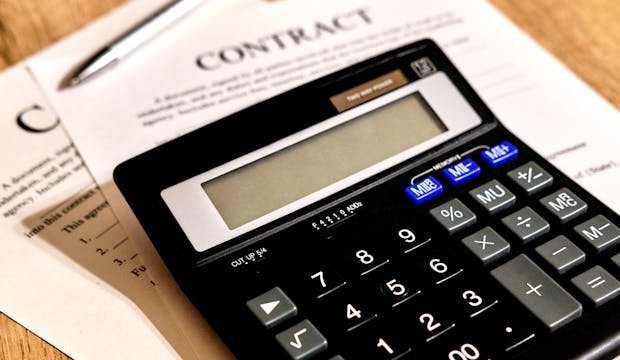How is your Credit Score Used?

Your credit score is your financial reflection. It will be used by financial institutions and lenders to assess your credibility. Maintaining a good credit score will give you more opportunities for credit and loans, and your creditworthiness with lenders and financial institutions will increase your financial possibilities. To comprehend what makes up your credit score, you must first understand how your credit score is used.
Your credit score is similar to a visa that grants you access to many sorts of credit and lending possibilities, such as financing a car, or getting a home loan. Lenders pull your credit report to evaluate your financial history when you apply for a loan, lease, or before extending any type of credit. This report includes your credit score, which helps the lenders to assess your creditworthiness based on your financial history.
Lenders will most likely look at your score and weigh the positive and negative activity in your report. Before approving you for funding, creditors want to check that you have a track history of paying your payments on time. While other indicators such as your salary or account history are taken into account by lenders, your credit score is crucial.
Five Ways your Credit Score is Used
Lenders such as banks and non-banking finance companies check your credit score when you apply for a loan or a credit card to check if you have the financial means to repay the debt. Your credit score informs lenders about your financial situation.
Your credit score is used for a wide range of purposes. Let us look at some of the ways your credit score is used:
1. Credit Card Companies
You will probably need to borrow money at some point through a credit card for financing your expenses. A good credit score can help you get your credit card application approved, while a negative credit score can prevent you from getting the credit card application approved. Credit card companies check your credit score before deciding whether or not to extend a line of credit to you.
2. Potential Employers
There might be a few employers who will run through your credit report before hiring you. You must give the businesses permission to collect your credit report. Again, this is not a widespread practise in the country. However, for example, if you are getting hired by a financial company, there might be a chance that your credit score will be used to assess how you manage your personal finances. Having a good credit score will increase your chances of being hired.
3. Landlords or Real Estate Developers
Landlords or real estate developers may conduct a credit check on you before renting or selling you a home to ensure that you will be able to pay the rent or the EMIs on time and in full. Since a few years, this approach has been rather common in international marketplaces. In India, it is still in its initial phase; but, in a few years, it may become a common practice that will promote healthy lending and borrowing standards. As a result, it is preferable to work on improving your credit score in the meantime.
4. To Assign your Credit Limit
Lenders use the Credit Information Report to determine not just whether or not to extend credit, but also how much you may borrow and your true potential to borrow. If lenders assume that half of your income is spent on living expenditures, your credit eligibility for existing loans will be half of your income minus your current EMIs that you are paying.
5. Best Interest Rates on Loans
Individuals who have a higher credit score are in a better position to bargain with lenders and financial companies to get a lower interest rate on a loan. Currently, most lenders are prepared to offer loans with lower interest rates to customers who have a credit score of more than 750. However, if you have a credit score lower than 650, it becomes difficult for the negotiation as you are not considered as a reliable borrower by the potential lenders while lending money to you.
Different credit bureaus utilise various rating systems. However, most experts believe that a 'good' score is the best. With these scores in mind, anything near 700 or higher will almost certainly earn you a great deal on loans and credit cards, while the mid 600s will get you a respectable but not excellent deal. If you have a credit score of less than 500, you may find it difficult to obtain credit. It's not over yet if your credit score is less than you'd intended. On the other hand, having a high credit score does not always imply that you will be approved for a loan. There are a few things you can do to improve your credit score. Taking out lesser kinds of credit is one of the simpler ways to raise your credit score. These loans are simpler to secure, and you have a better chance of being approved. Maintaining a consistent repayment pattern demonstrates that you can be relied upon to meet a monthly payment due.



